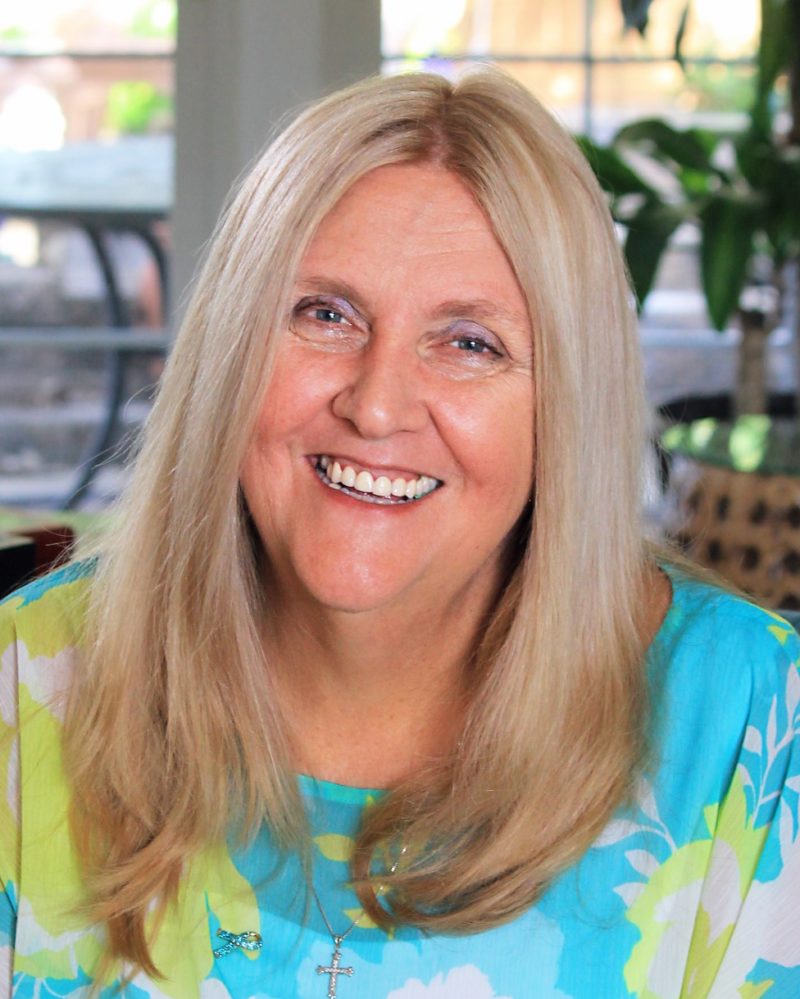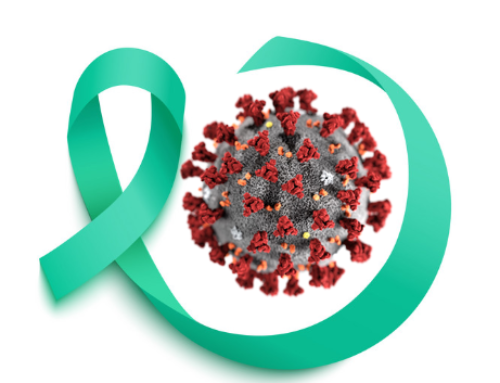DON’T SAY YOU’RE SORRY, PLEASE JUST DO BETTER
Miserable with abdominal bloating and fatigue and following an ultrasound and a CT scan, I found myself being examined by a gynecologist who stopped mid-exam and said “I am 99% confident you have ovarian cancer and women die from that.” He walked out of the room without another word leaving me in tears. As I exited the exam room and saw him standing there, he looked down as he handed me a referral to a gynecologic oncologist without a word and instructed his nurse to take me out the private entrance so the pregnant women in the lobby would not see me in distress.
Two days later my husband and I were sitting across the room from a gynecologic oncologist who would be performing surgery and managing my treatment. Based on the encounter with the gynecologist, I fully expected to hear that we were going to try a lot of things but I should get my affairs in order. Instead I heard facts set in the context of empathy and compassion not only for me but for my family. “Yes, you have advanced disease and the statistics are not great, but in order for there to be survival statistics there must be survivors.” We had a conversation about surgery and treatment. We left that room feeling less anxious and more hopeful.
In the 20 years since that initial diagnosis I have faced a metastatic recurrence of ovarian cancer to my chest and a new primary breast cancer. Each treating physician had a different way of delivering the news. The cardiothoracic surgeon was matter of fact touting his great skill and the ability to cure me with surgery and never entertaining questions. The breast surgeon spent hours in the doom and gloom mode telling me that although it was only stage 1, with my history of another primary cancer, I could expect to battle breast cancer again in the future if I did not opt for prophylactic mastectomies. My own research and a discussion with my gynecologic oncologist countered that statement with facts and I had a much less invasive treatment by a different surgeon.
As part of the OCRFA’s Survivors Teaching Students® presentations medical students are given time to ask questions of the survivors. One of the questions most frequently asked is “How do you want the doctor to deliver bad news?” Listening to the responses of the presenters, I have come to learn that there is no one-size-fits-all answer. It comes down to basic communication skills of both the patient and the physician. The most successful conversation takes place when both parties are 100% present in the moment, are paying attention to the other’s verbal and nonverbal cues, are cognizant of their own demeanor, and take the time to ensure that the information is being processed and understood.
As a patient you can help your physician and the women he or she will treat in the future by being honest about their communication skills. If they are scaring you with statistics, stop them and tell them what you really want to know. This is the time to be your own advocate.
A few years ago at a social function I saw the gynecologist who told me that women die of ovarian cancer. I asked if he remembered me and what he had told me. He said he was glad that he was wrong and he apologized. I told him “Don’t say you’re sorry, please just do better.” He and I have had several discussions about doctor-patient communication since and we have both learned the importance of facts, active listening, empathy, and keeping the door to hope open.
Globe-athon is proud to partner with Smart Patients, an online community where patients learn from each other about their cancer journeys. On Smart Patients, you can discuss issues raised in this blog post and beyond. Join here: https://www.





